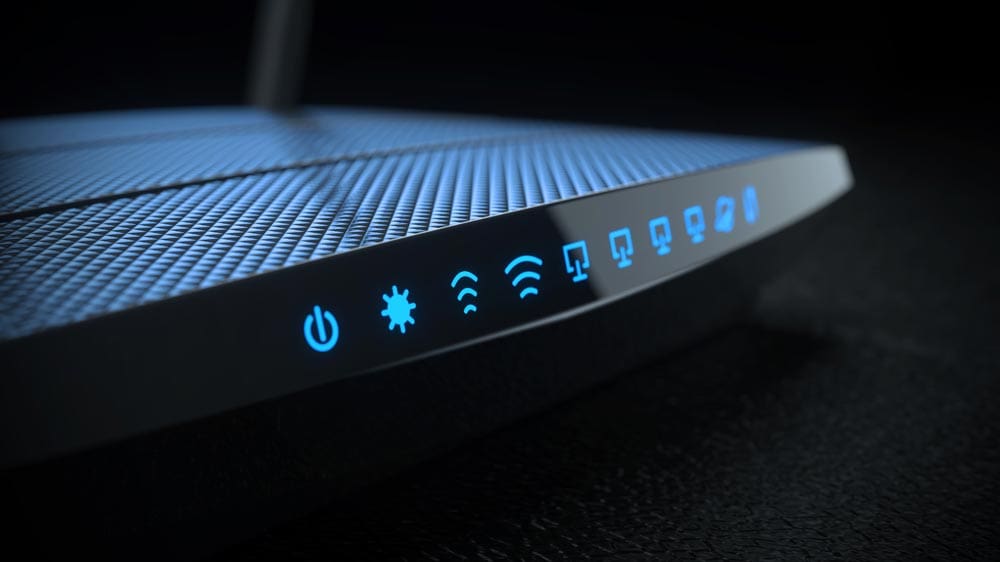With the launch of three new study groups, the IEEE 802.3 Ethernet Working Group continues to drive the ongoing adoption of Ethernet across a broad range of industries and is helping improve the performance and reliability of the technology for end users through standards development. The study groups represent a first step in developing new standards for advancing Ethernet technology in order to improve network reliability and enable innovation that can bring useful applications in the automotive, IoT, and building and industrial automation sectors. The groups’ initial meetings were held at the September 2019 IEEE 802.3 interim session in Indianapolis, IN, USA and covered the topics of automotive applications, Precision Time Protocol (PTP) timestamping, and 10 Mb/s Single Pair Ethernet Multidrop Enhancements.
Check out the new study groups:
- IEEE 802.3 Multi Gigabit Automotive Optical PHY Study Group
- Currently, no IEEE 802.3 standard supports optical multi-gigabit Ethernet rates meeting the specific requirements of automotive applications. The Study Group aims to develop a new standards project for multi-gigabit automotive applications that can provide network bandwidth, robustness and data security needed for such things as making fully autonomous vehicles a reality. The proposed project will build on Ethernet component and system design experience and the broad knowledge base of Ethernet network operation. Multi-gigabit automotive optical data rates will extend the current 1 Gb/s optical automotive standard and complement the automotive balanced twisted pair multi-gigabit options being addressed in existing IEEE activities.
- Read More About the IEEE 802.3 Multi Gigabit Automotive Optical PHY Study Group
- IEEE 802.3 Improving PTP Timestamping Accuracy Study Group
- The scope of the Study Group is to develop a new standards project for improving Precision Time Protocol (PTP) timestamping accuracy on Ethernet interfaces. The newly formed study group will explore technology advancement on network packet timestamping, including investigation into various events that potentially affect network performance, in order to provide network operators with the capability for improved time and frequency communication. Improved timestamping accuracy is an essential element in bolstering network reliability and improving network troubleshooting capabilities, as well as being of utmost importance for legal and financial data transactions.
- Read More About the IEEE 802.3 Improving PTP Timestamping Accuracy Study Group
- IEEE 802.3 10SPE Multidrop Enhancements Study Group
- Single Pair Ethernet (SPE) is a key technology to enable the transition to Ethernet taking place in the building and industrial automation industries.10SPE (IEEE P802.3cg™) provides for cost savings deployments by utilizing the enormous installed base of single pair copper used in building and industrial automation today. It supports 15 m and 1000 m point-to-point links with power along with an optional multidrop mixing segment of 25 m and 8 nodes without power. The study group looks to build on the imminent IEEE P802.3cg standard by extending the reach of the multidrop segment, adding a multidrop power option, and adding optional support for Time Synchronization Service Interface (TSSI) to enable PTP. The scope of the Study Group is to develop a new standards project for 10 Mb/s Single Pair Ethernet Multidrop Enhancements.
- Read More About the IEEE 802.3 10SPE Multidrop Enhancements Study Group
These latest IEEE 802.3 activities demonstrate IEEE’s ongoing commitment to engage stakeholders in the development of projects and standards that continue to improve and advance the Ethernet ecosystem. The continued dedication of individuals working under the IEEE 802.3 Ethernet Working Group umbrella is essential as Ethernet is widely viewed as the go-to solution supporting new applications and viable business cases.
For more information on how to get involved at future study group meetings, visit the IEEE 802.3 meeting page.








